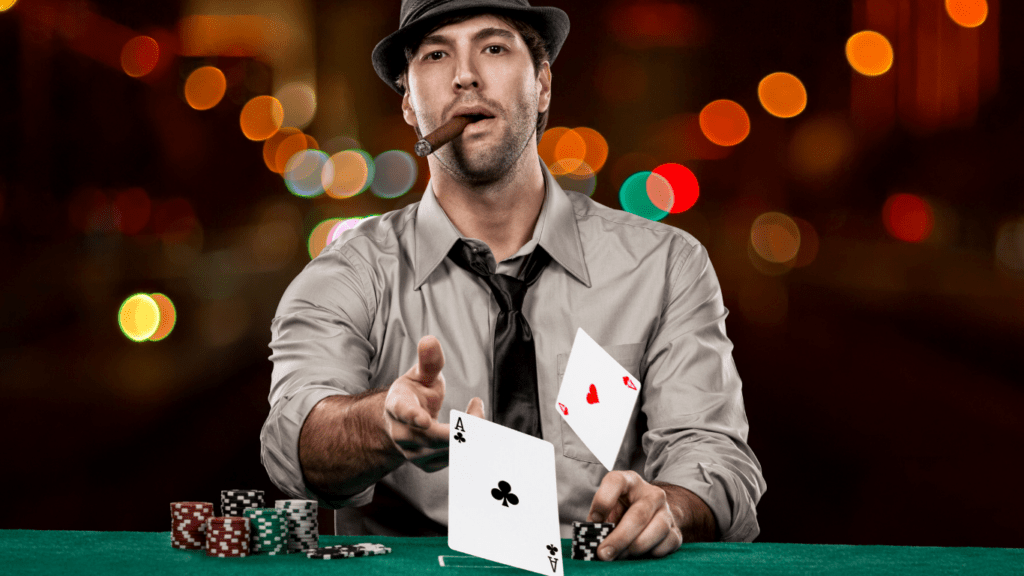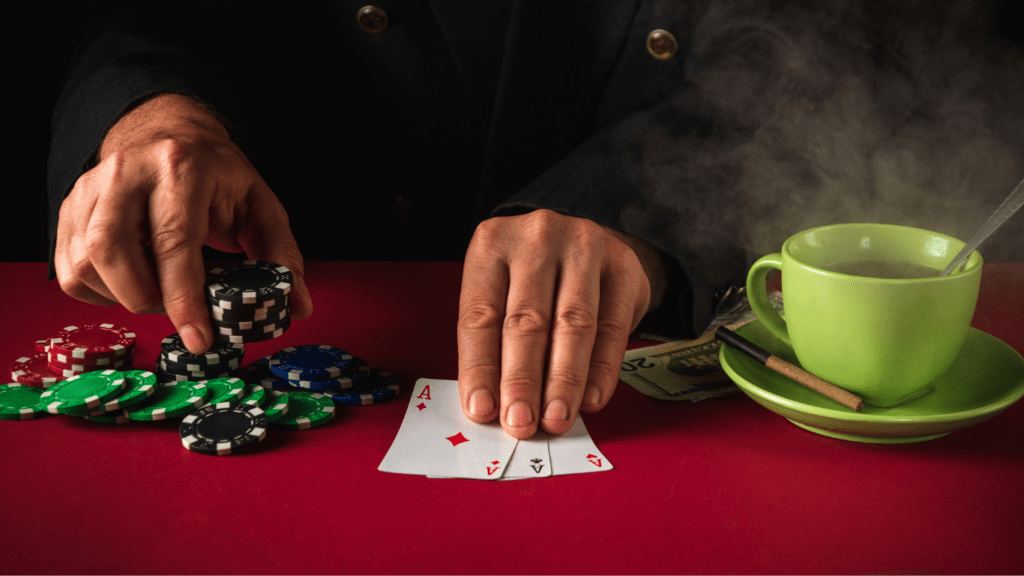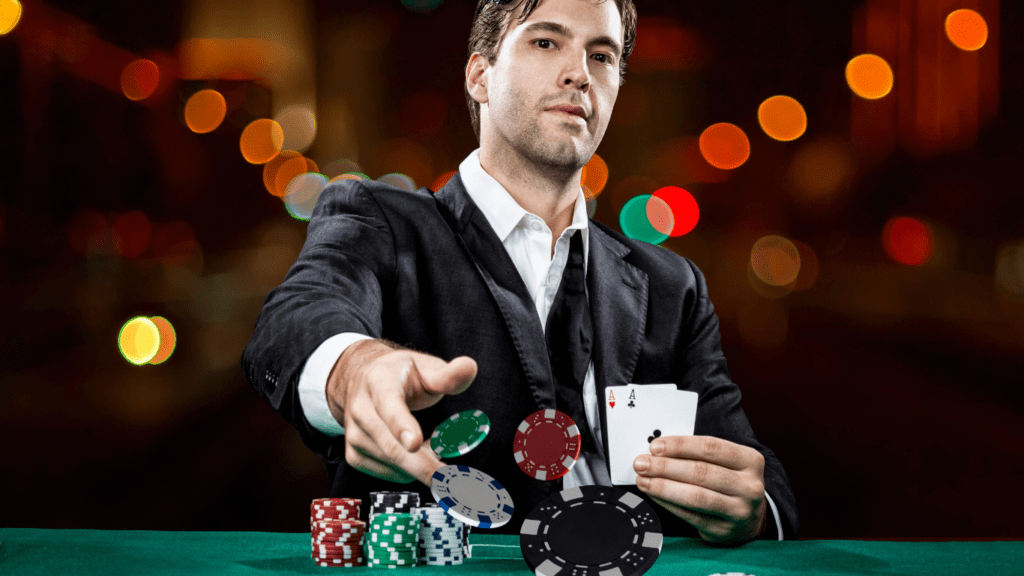Ever wondered what sets elite players apart in high-stakes tournaments? I’ve always been fascinated by the mindset, strategies, and habits that elevate them to the top of their game. These players don’t just rely on talent—they’ve honed skills, learned from failures, and embraced lessons that most of us overlook.
Understanding Elite Player Insights
Elite players share key insights that illuminate their path to excellence. Patterns in their preparation, decision-making, and adaptability consistently emerge during interviews. These insights aren’t just strategies; they’re reflections of disciplined habits and calculated risks.
1. Preparation and Practice
Top players emphasize the role of deliberate practice. They analyze previous performances, review opponents’ behavior, and simulate high-pressure scenarios. For example, chess grandmasters often study hundreds of historical games to refine their strategies against specific playing styles.
2. Mental Resilience
Interviews reveal that mental toughness is a critical asset. Players recount moments when they overcame significant setbacks by remaining focused and controlling emotional responses. In tennis, athletes like Novak Djokovic highlight the importance of mindfulness in staying present during decisive points.
3. Adaptability Under Pressure
Adaptability sets elite players apart. They adjust strategies on the fly when unexpected challenges arise. For instance, during esports tournaments, players frequently reevaluate goals mid-game to counter opponents’ evolving tactics.
4. Collaborative Learning
Many elite competitors credit mentors, coaches, and peers for their growth. They actively seek constructive criticism and view feedback as an opportunity to improve. In team-based sports like basketball, collaboration during practice translates directly to effective game-day execution.
5. Goal Setting and Visualization
Successful players often set incremental goals tied to long-term aspirations. Visualization techniques help them mentally rehearse victories. Track athletes, for example, break race strategies into stages, ensuring precision from start to finish.
Interviews with champions consistently reveal how these principles contribute to enduring success. Understanding their mindset offers practical guidance for competitive preparation and performance improvement.
Common Themes in Tournament Success

Elite players consistently demonstrate recurring habits and approaches that contribute to their tournament success. These common themes highlight:
- mental preparation
- resilience
- effective collaboration
Mental Preparation and Focus
Preparation begins with building a clear and focused mindset. Top competitors dedicate time to mindfulness practices like meditation to increase mental clarity and reduce distractions. Analyzing opponents’ patterns also primes their strategic thinking, ensuring they’re mentally ready for varying scenarios. For instance, chess grandmasters often rehearse specific board setups to anticipate key moves under pressure.
Strategies for Staying Resilient
Resilience stems from cultivating a growth mindset. Elite players treat losses as learning opportunities, systematically reviewing mistakes to refine their gameplay. During critical moments, they regulate emotions through techniques such as controlled breathing or self-talk. Serena Williams, for example, focuses on maintaining composure after errors, enabling her to regain momentum quickly. Real-time adaptability further reinforces resilience, as competitors modify tactics to exploit their opponents’ weaknesses.
Effective Communication with Teams
Outstanding team communication reinforces success in group-based tournaments. Players foster trust by engaging in honest, constructive feedback sessions. Professional esports teams, for instance, use concise callouts to relay information swiftly during matches. Pre-tournament planning includes detailed role assignments to streamline decision-making. This deliberate communication ensures teams align their strategies and execute plans effectively.
Key Takeaways from Elite Player Interviews
Elite players share critical lessons that highlight the strategies and habits behind their success. These insights emphasize preparation, reflection, and consistency as cornerstones for long-term excellence.
The Importance of Preparation
Preparation defines performance in tournaments. I observed that elite players, such as Serena Williams and Magnus Carlsen, dedicate significant time to mental and physical readiness. They study opponents’ strategies, simulate competitive scenarios, and refine their techniques through repetitive, focused practice. Tactical preparation combines self-awareness with adaptability, ensuring players remain confident and versatile during unpredictable challenges.
Learning from Wins and Losses
Wins and losses provide equally valuable learning opportunities. Through interviews, I learned elite players treat victories as milestones to analyze, identifying strategies that worked. Losses, on the other hand, are frameworks for growth. Novak Djokovic, for instance, often evaluates setbacks to refine his mental toughness and gameplay. Reviewing past performances with a critical lens helps these players address weaknesses and build on strengths, ultimately enhancing their competitive edge.
Cultivating Consistency Over Time
Consistency separates good players from great ones. By maintaining rigorous schedules and emphasizing routines, top competitors like Cristiano Ronaldo exemplify the importance of sustained effort. They achieve this by setting clear priorities, whether physical conditioning, skill enhancement, or personal discipline. Over time, this approach mitigates slumps in performance and reinforces the incremental improvements needed to excel at the highest level.






















































































































































































































































































































































































































































































































































































































































































































































































































































































































































































































































































